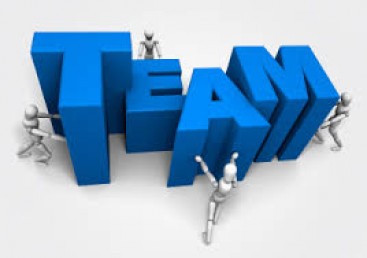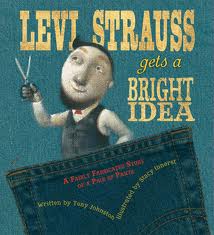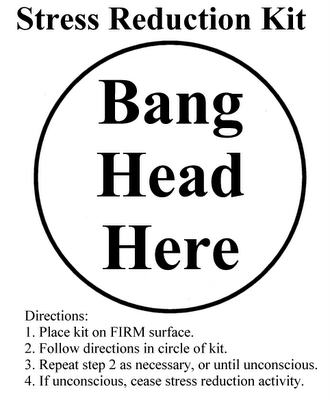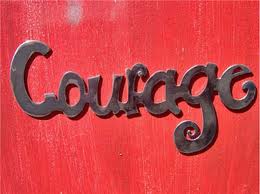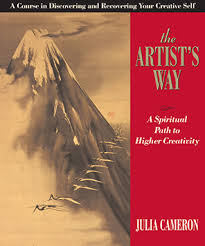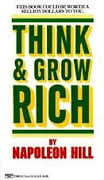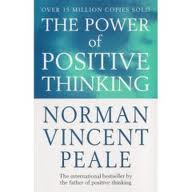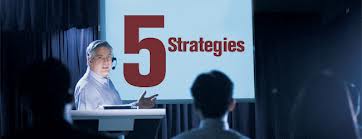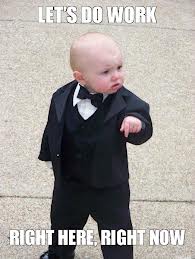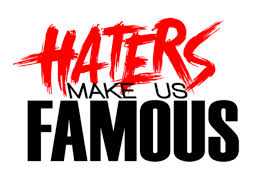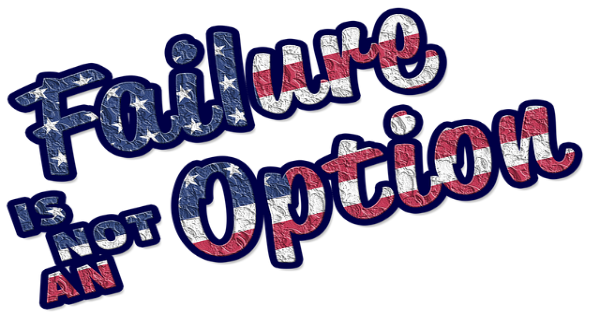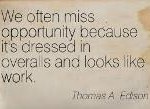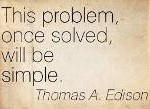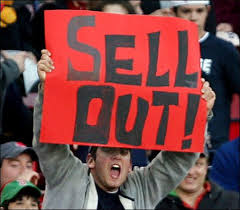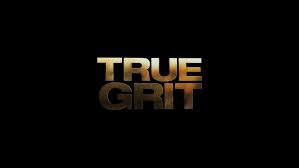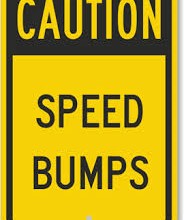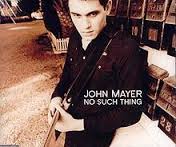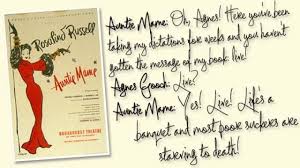By Johnny Dwinell
My favorite question to ask aspiring artists and songwriters is: “Do You Really Have a Plan?†and what EXACTLY is it? How EXACTLY are you going to make a living as an artist? This question is always good at separating the wheat from the chaff or in this case the real musicians from the people who just want to be famous. I have come to understand that people don’t have enough common sense in this world; however, there seems to be an epic famine of it in the music business. The weight and importance that comes with any individual’s dreams and aspirations of “making in the music biz†seems to be proportionately offset by their most ridiculous and bizarre battle plans/fantasies to achieve this noble goal. I am constantly AMAZED at how most artist’s/songwriter’s success strategies have some component that requires “winning the lottery†as a key action item necessary for success. Winning the lottery!!!
Huh?
Yes, like 22 planets HAVE to align at a precise time, all the rivers have to turn purple, and monkeys have to fly out of my butt for their plan to actually work. I don’t depend on that for my existence and neither do you! I’m certainly NOT going to depend on that for my future; especially the future of something as important to me as my music/business aspirations and dreams.
I have found that sometimes it is quite beneficial to compare the most complex far-reaching plans of action to the simplest ones that we take for granted every day to maintain a good perspective with regards to process and simple steps. So let me know what y’all think of this one!
12 Steps For Buying Martian Milk
Some of you are already thinking this is ridiculous, but hear me out. Imagine we meet a Martian, who has a BIG DREAM of buying milk. Regularly purchasing milk is his dream because with continued access to milk our Martian friend can actually build a spaceship to get home where his soul will be saved on Mars. So you need to explain to your Martian the exact process that he would have to take to not only successfully purchase milk, but also make the task repeatable. Remember, as remedial as this sounds, there was a time when you didn’t know exactly how to buy milk, either. Now it is so habitual you don’t even think about it. I stand by the mental exercise because for professional musicians, the methods they use to make a living are so habitual that they don’t even think about it.
I would break it down like this:
- First, the Martian would have to consistently work a day job so they can afford to purchase milk. Working consistently every day, means he can afford to purchase a gallon of milk. Remember, if he works one week, and gets that gallon of milk, then takes off the next week, he won’t have money to buy milk next week. Consistent work is paramount here. Who we are and who we become will ALWAYS be based on what we do consistently, NOT random events or luck.
- Next, the Martian would then have to actually BELIEVE that they could acquire this gallon of milk or he would just go through the motions and quit at every little speed bump. I would have to assure him that the dream is TOTALLY doable as long as he has a solid, intelligent, executable plan to make it happen.
- Next the Martian would need to stop talking about buying milk and get off the couch (exert some energy and forward progress) and somehow travel to a place where they actually sell milk.
- They don’t sell milk at Tiffany’s
- They don’t sell milk at Jiffy Lubes
- They don’t sell milk at Levi’s Outlet Stores
- They don’t sell milk at Home Depots, etc.
- They don’t sell milk at the Wells Fargo Bank
- He shouldn’t bother with these places. It IS POSSIBLE that he may find somebody randomly selling milk at these places but HIGHLY unlikely, so why base his return home on such a “low percentage shot.†I would recommend that the Martian stick to the grocery stores even if all his Martian friends are telling him they heard from a friend who heard from a friend who abducted a milk expert back in the 70s who said that you could go to these places. We need to focus on what’s happening NOW and where
 you find milk TODAY.
you find milk TODAY.
- I would tell him that you then have to walk into the grocery store and go all the way to the back, because that’s where they always stock the milk. This is a tall order for a Martian.
- I would encourage him to hold his head high and persevere through the anxiety and temptation while navigating through the chaos of people with their carts (who are undoubtedly STARING at my Martian friend causing self-esteem issues because he’s noticeably green), the terrorists on the motorized scooters who are out-to-get-you, the super hot honey-babies who could melt all the frozen stuff, the peanut butter, the Oreo cookies, the smelly people. He MUST forge through to physically grab the gallon of milk.
- I might have to restore confidence with my Martian if he went to the store during some kind FEMA-grade national disaster and there was no milk on the shelves! He would undoubtedly incur a faith crisis of some sort seeing as how I had PROMISED him that he could find milk at the grocery store!
- Then assuming the milk is in stock one day, he would need to also plot a course back through the same gauntlet of people and temptation towards the front where the checkout line is to complete the task of buying his first gallon of milk.
- I would explain that the checkout is where his 1st victory will occur, thus, the anticipation and excitement will certainly begin to settle in. I would further counsel him on how to contain himself because he is not done yet (as the milk is NOT quite purchased yet…or as my mother always says “It’s not soup yetâ€). After all, there may be a line, especially if he shows up on Friday after 5pm. So patience and a will to complete the task will be necessary here.
- I would also have to comfort him after getting right up in the line, the 1st one behind the person currently checking out (everybody is still staring at him like he’s a Martian or something), he’s breathing heavily, his excitement is growing only half as much as his nervousness only to get delayed even more. PRICE CHECK!!! (So close, yet so far away…) I would tell my Martian friend that he needs to wait and NOT bail out (when he is so close to purchasing the milk that his dreams depend on) solely because some lady makes him wait FOREVER so she can price check every item in her dangerously overflowing shopping cart by deploying all the store employees on search and rescue missions. I would have to talk him off the ledge again while this crazy woman is still making him wait longer by writing a check in 2014 that takes forever to process, then while she conscientiously enters every digit into her checkbook transaction log, puts her pen carefully back into its proper place, and then puts the checkbook itself back into its appropriate pocket in her purse (which of course she will have trouble finding).
10. Now!! It’s here! HIS TURN IS FINALLY UP! But wait, he would absolutely need to bring something to the cashier in exchange for the milk; his money. “You see, the grocery store is in the business of selling milk,†I would say to my Martian friend. “They don’t care that you’re the REAL Martian that America would surely love if they put one million dollars into marketing him, and they don’t care that you need this milk to get home. It still costs money if you want to purchase the milk, no matter how real or how amazing your circumstances.â€
11. I would tell him that if he wants to create lasting relationships with people and companies that are important to his dream he would need to provide some VALUE for them, something more than a back-end performance-based deal. Their company consistently performs in this space and he has yet to prove that he can perform, much less perform consistently; AND he has yet to prove that his performances have value in the marketplace!
12. Next I would tell my Martian friend, after all the work and anxiety that he had to go through to get his milk, that he will have to do that EVERY WEEK if he really wants to get home.
So where do you have to go to buy your milk?
What are YOUR exact steps needed to execute your plan?
What are you doing on a consistent basis to move your agenda forward?
If you like this post, please SHARE it and/or LEAVE A COMMENT thank you!
[ois skin=”Bottom Post”]




